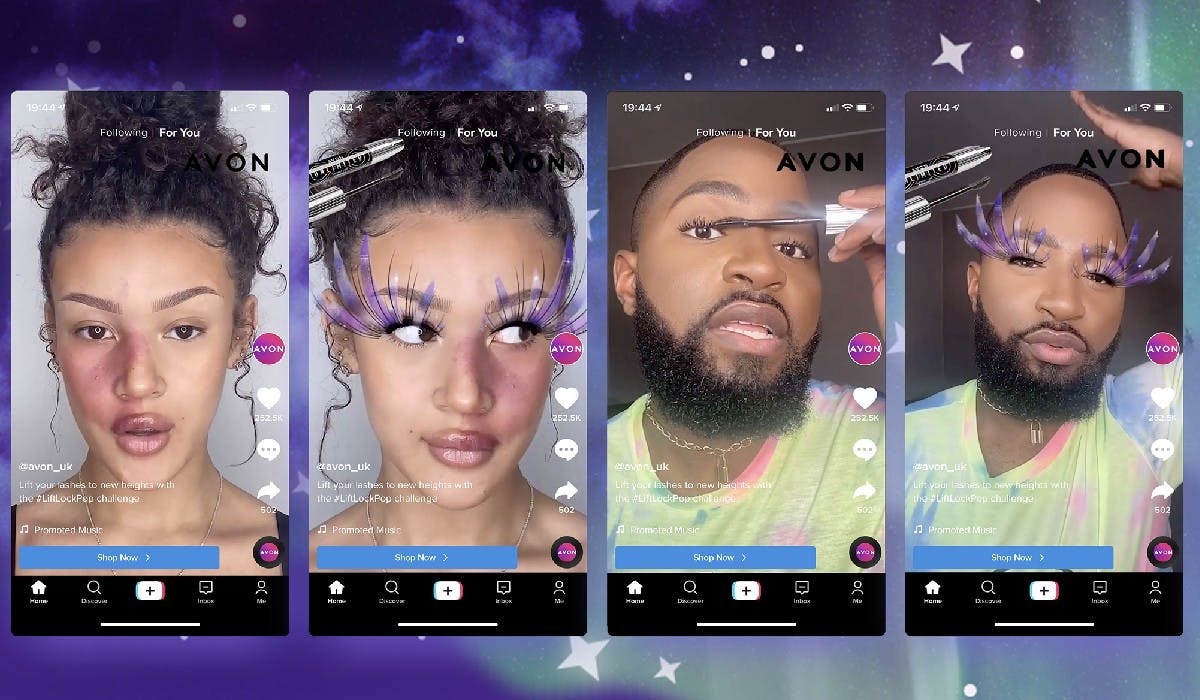
Think of Avon now and you’ll likely think of the brand’s ‘Avon ladies’, pushing the brand’s products on its behalf in return for a cut of the sale. But with ecommerce having sky rocketed through the Covid-19 pandemic and consumers able to buy from a multitude of large and small beauty brands at the click of a button, direct selling might seem a little outdated.
However, according to Avon’s chief commercial marketing officer, Alex Long, the business model continues to make sense for the brand.
“We think it’s honestly more relevant and more vibrant than ever,” Long tells Marketing Week. “Look at all of the big trends that you see in the marketplace today around entrepreneurial culture, people setting up their own businesses, the trend in media towards micro influencers. All of these are what direct selling has been doing for years.”
We’re really conscious that there’s a generation of women who may not be as aware of the Avon story, or may see it in a particular way. And some of them haven’t really had an opportunity to work with brands. Direct selling data from around the world “absolutely backs that up”, Long adds. In 2019, direct selling was a $180.5bn industry worldwide, encompassing 119.9 million independent representatives, according to the World Federation of Direct Selling Associations.
In Europe alone, industry sales hit $37.9bn. However, while Germany and France rank among the top 10 markets for direct selling, the UK does not. And over the year ending December 2018, Avon’s last financial results filed with Companies House, turnover relating to underlying UK direct selling activities fell from £210.4m to £182.1m, which the business attributed to a -17.6% reduction in its number of UK representatives.
Long acknowledges that there are limitations of the model in terms of reach, also noting that while Avon’s awareness across its mature markets such as the UK and US is very high, the brand has become “a little tired”. This is in direct contrast to Avon’s perception in newer markets like South Africa, he says, where the brand is considered “young and trendy”. In 2018, Avon was voted “coolest makeup brand” as part of South Africa’s Sunday Times Next Generation Awards, for example.
To help counter this problem and increase the brand’s market penetration in the UK, Avon is hoping to recruit a younger generation of digital-savvy representatives to reach a new cohort of consumers.
Lire l’article complet sur : www.marketingweek.com



Leave A Comment